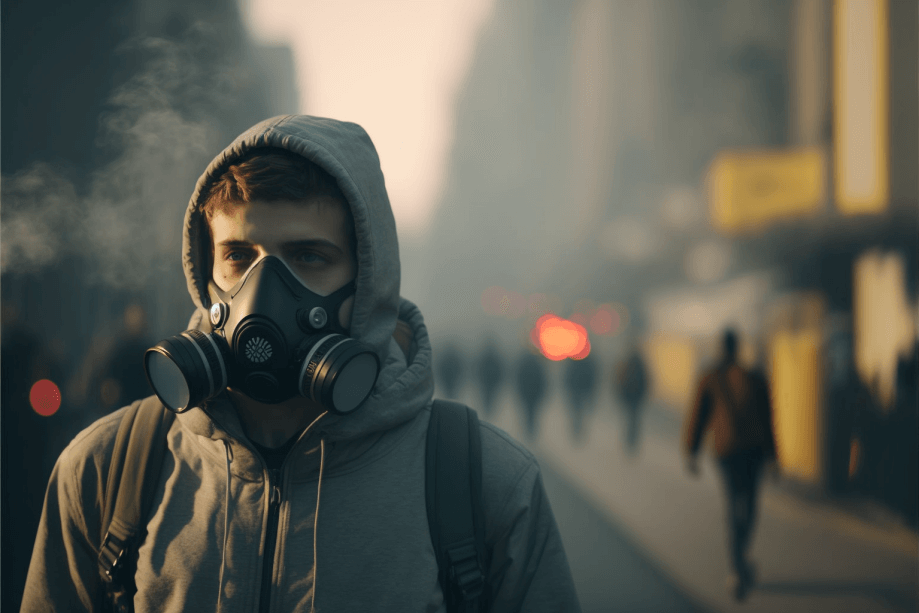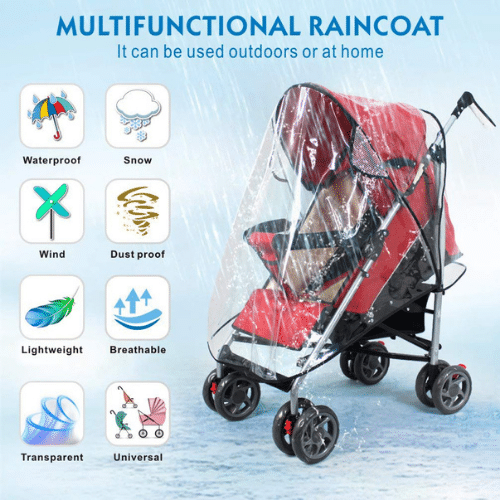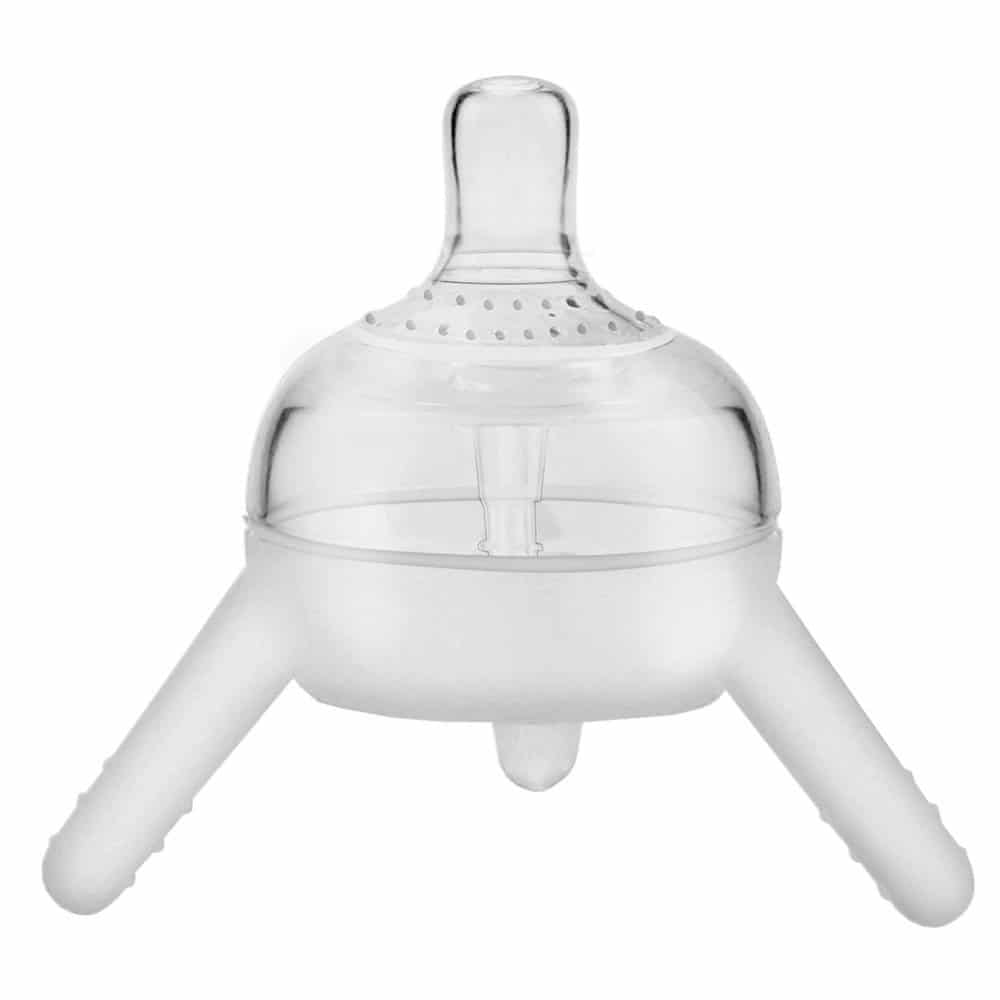
Good Air, Good Mood: How Improving Air Quality Can Boost Employee Well-being and Productivity
The air we breathe plays a crucial role in our overall well-being, and this is especially true in the workplace. As employees….

Air quality is an important issue that affects the health and well-being of individuals all over the world. As a student, it is important to understand the effects of air pollution on your health and to take steps to improve the air quality in your community.
Air pollution is caused by a variety of sources, including power plants, transportation, and industrial activity. The emissions from these sources can contain harmful particles and gases, such as carbon monoxide, sulfur dioxide, and nitrogen oxides. When these pollutants are inhaled, they can cause a wide range of health problems, including respiratory infections, asthma, and heart disease.
As a student, you are particularly vulnerable to the effects of air pollution. Studies have shown that poor air quality can have a negative impact on cognitive development, memory, and attention. This can make it more difficult for you to focus and learn in school. Additionally, air pollution has been linked to an increased risk of mental health problems, such as depression and anxiety.
It is not only important to care about the air quality for health reasons but also for the environment. Air pollution not only affects human health but also contributes to climate change and the degradation of the natural environment. The pollutants that are released into the air can have a detrimental effect on plant and animal life, as well as on the air, water, and soil.
So, what can you do as a student to improve the air quality in your community? Here are a few simple steps you can take:
Reduce your own emissions: You can reduce your own emissions by walking or biking to school or work instead of driving, and by taking public transportation. You can also reduce your carbon footprint by using energy-efficient appliances and turning off lights and electronics when they are not in use.
Support clean energy: You can support clean energy by advocating for renewable energy sources, such as solar and wind power. You can also invest in clean energy by purchasing green energy from your utility company or by installing solar panels on your home.
Get involved in community efforts: You can get involved in community efforts to improve air quality by joining local environmental groups or by participating in clean-up events. You can also advocate for stricter air quality regulations by contacting your elected representatives.
Educate yourself and others: You can educate yourself and others about the effects of air pollution on health and the environment by reading about the issue and sharing information with your friends and family.

By taking these steps, you can help to improve the air quality in your community and reduce your own exposure to harmful pollutants. Remember that small changes can make a big difference and that by working together, we can make the air cleaner and healthier for everyone.
In conclusion, as a student, you have the power to make a difference in the air quality in your community. By understanding the effects of air pollution on your health and the environment, and by taking steps to reduce your own emissions and support clean energy, you can help to make the air cleaner and healthier for everyone. Remember, small changes can make a big difference and by working together, we can make the air cleaner and healthier for all.

The air we breathe plays a crucial role in our overall well-being, and this is especially true in the workplace. As employees….

Indoor air quality (IAQ) is a critical factor that affects the health and well-being of students and teachers alike. However, many schools…

Air pollution is a major public health concern that affects individuals of all ages, but it poses a particularly significant threat to students….

Air pollution is an invisible threat that affects the health and well-being of individuals all over the world, and students are….


































